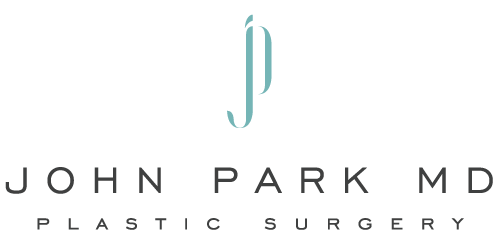
06 Jan FDA Reports No Evidence of “Breast Implant Illness”
Every year, nearly half a million women opt for breast augmentation, which enhances the breasts via the placement of breast implants. In the past two decades, the demand for breast implants has risen greatly and is now the most popular plastic surgery both around the country and at John Park MD Plastic Surgery. However, not all of these cosmetic surgeries are necessarily for the placement of new implants. Many breast augmentation procedures are actually replacing older implants, since most women opt to change their implants after 15 years or so on average. This can be due to a number of factors, from changing the size to reflect a new aesthetic to wanting to get the latest and more natural-feeling implants—and, in very rare cases, because of potential implant problems.
There have been multiple headlines in recent months about the so-called “dangers” of breast implants, but just like any kind of click-bait or title that might draw readers in, it’s critical to understand the reality of breast implant safety. Sometimes dubbed fear mongering, it is unfortunate that one of the reasons these stories continue to be shared is because the FDA did announce in 2011 that certain breast implants might cause a rare form of lymphoma. Today, the FDA stresses that there is in fact no evidence of a breast implant illness. Let’s take a look at the recent history about breast implant safety.
Are Breast Implants Safe?
There are many types of breast implants. The specific implants the FDA was referring to in 2011 were made with industrial silicone rather than the standard medical silicone—that in itself can sound a bit alarming. However, the FDA quickly back-stepped and issued a report nearly a decade ago that this doesn’t actually create a complication rate higher than any other type of breast implants. Since then, the FDA has repeatedly issued statements that multiple studies have failed to “show evidence that silicone-gel filled breast implants cause connective tissue disease or reproductive problems.” These were the two main problems highlighted in the FDA’s initial warning. Further, the FDA stresses that the “FDA does not have evidence suggesting breast implants are associated with health conditions such as chronic fatigue, cognitive issues and muscle pain.”
However, as you can imagine, once the media gets a hold of what could be a tantalizing story, it’s nearly impossible to undo the damage. Just six years after the FDA’s first “warning” there were over 50,000 women who claimed they had “breast implant illness” and Facebook had two pages dedicated to the colloquially named issue. This led to over a dozen administrators and advocates from the Facebook groups meeting with the FDA in 2018 to talk health concerns and ask the FDA to undertake even more studies.
What Studies Found – Removing Breast Implants
Women approached the National Center for Health Research to ask for financial help in removing breast implants in the past five years, which led the Center to create their own study of over 300 women. Each wanted their implants removed, and all had to complete a survey that asked why they wanted breast implants removed rather than replaced. This survey revealed that fewer than 33 percent actually experienced ruptured implants (a very rare condition), about 50 percent complained of breast pain, but overall 84 percent were most interested in breast implant removal due to “other health issues.” These issues ranged from autoimmune diseases to connective tissue symptoms, and typically did not include diagnosed diseases.
The Center reported that in most cases, the women had implants for over 10 years when they were removed and most had the symptoms they complained of for several years. Considering the fact that most implants are replaced after 10 – 20 years, these patients fall squarely into that category. It should also be noted that psychosomatic conditions are very much a reality, particularly given how rampant the media coverage was about that 2011 FDA announcement. Plus, when the manufacturers of breast implants do submit their requisite studies to the FDA, they are transparent about excluding women who have a history of autoimmune diseases.
The Ideal Candidate for Breast Implants
Autoimmune diseases and breast implants do not always pair well together. Breast implant manufacturers and the FDA have been well aware of this for a long time, and a reputable surgeon will be sure to ascertain if a potential patient does have such a history. One example of a warning from a manufacturer is the one written by Allergan, who states, “Caution: Notify your doctor if you have any of the following conditions, as the risk of breast implant surgery may be higher” and lists Autoimmune Diseases at the top of the list.
The bigger issue here might be that many patients refer not being told about risks associated with breast implants if they suffered from any of these autoimmune diseases. They claim they were not told by their surgeon and the FDA does not list this warning on their website. This is a reminder that it is critical to only work with a plastic surgeon who puts patient safety, comfort, and satisfaction first. Breast augmentation can and has been safe and positively life-changing for millions of women. Learn more about breast implants today by filling out the online form or calling John Park MD Plastic Surgery at (949) 777-6883.



